We get it. Recycling can be confusing. Local district and borough council rules differ slightly, and packaging is not always clear if it is recyclable or not.
This time of year, it can be even more puzzling with added wrapping paper and tinsel! For all your Chrimbo recycling needs, read our previous article on Christmas recycling.
Unsure what items can and can’t go in your recycling? We’ve got you covered with a handy recycling guide.
What can go in your recycling bin:
- Glass bottles and jars.
- Cardboard (either folded or cut down)
- Paper.
- Food tins.
- Drink cans.
- Aluminium foil.
- Aerosol cans (empty)
- Plastic bottles (squashed with the lid put back on).
- Plastic pots, tubs, and trays.
- Plastic bags.
Please make sure all items are clean, dry, and loose.
What you can’t put in your recycling bin:
- Electrical items and batteries*
- Black bags / Household refuse. If your bin is full, you can take any extra refuse to one of our household waste recycling sites (‘tip’).
- Food waste. (If in Lewes please use your food waste recycling bin).
- Please donate these to charity or take them to your household waste recycling site.
- Nappies.
- Food/drink cartons.
- Pyrex/ovenproof glassware.
- Drinking glasses.
- Crockery.
- Windowpanes.
- Mirrors.
- Light bulbs.
- Garden waste.
- Polystyrene/bubble wrap.
- Hard plastics e.g. toys and plant pots.
- Foil-lined plastic pouches and bags e.g. crisp packets.
- Compostable bags/packaging.
*Batteries and everything with a plug, battery or cable can be recycled at the kerbside if you live in Hastings, Rother or Wealden, areas. Pop your items in a carrier bag and place them on top of either your waste bin or recycling bin on collection day. Always place batteries in a separate bag. If you live in the Lewes or Eastbourne area please take batteries to your local household waste recycling site. Many supermarkets also collect them. Visit The explosive problem with batteries (and how to recycle them) to find out more.
If in doubt, leave it out
Did you know? Food, nappies, black bags, and textiles are the most common wrong items to end up in recycling bins.
If too many incorrect items go into your recycling bin, the whole load may be treated as waste and sadly, not recycled.
Help us to recycle even more items and steer clear of potential fire risks, by putting the right things in your recycling bin.
Keep recycling clean, dry and loose
Keep your items loose and avoid leaving them in bags or bin liners (unless you are issued with a council pink sack). For items to be recycled, they must be free of food and any leftover contents.
Please make sure items are rinsed and dry before putting them in your recycling bin. A quick whish as you wash up is great! If you have plastic bottles, squash them, and pop their lids back on. They will travel better through the recycling plant if this is done.
Glass jars collecting dust on your countertop? Make sure their lids are off and they’re good to be recycled.
If you have any questions about your collection, contact your local district or borough council.
What happens to your recycling?
Ever wondered what happens to your recycling? Here in East Sussex, we recycle 41% of our waste.
Watch what happens to your recycling.
In five steps, your recycling becomes new items:
Step 1: Your clean, dry, and loose recycling goes into your recycling bin.
Step 2: Your mixed recycling is collected and delivered to a facility that can sort it by material type.
Step 3: Materials are separated for recycling, including into different types of metal and plastic.
Step 4: They are sent to factories and manufacturing plants to be recycled into new products.
Step 5: New products are made and back on the shelf for you to buy in as little as six weeks!
What can’t be recycled or composted is sent to the Newhaven Energy Recovery Facility where it is turned into energy. The facility supplies energy to power 25,000 homes!
Less than 1%(!) of our waste in East Sussex goes to landfill. This is one of the lowest amounts in the country.
Thank you for recycling, it really does make a difference!
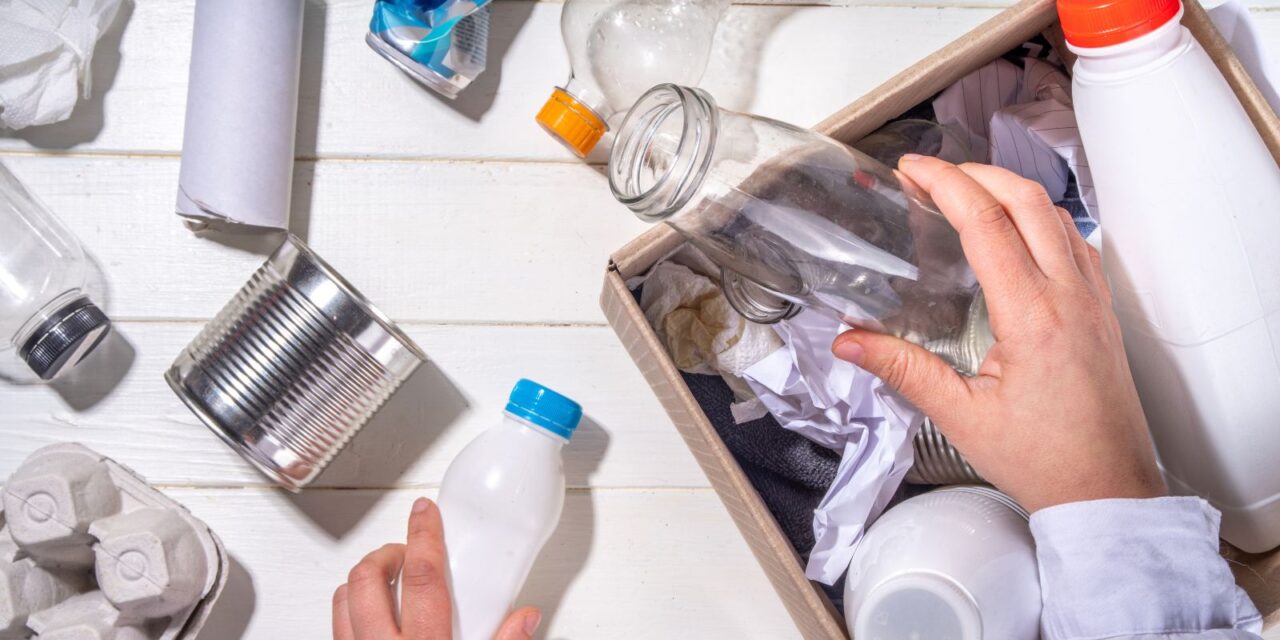
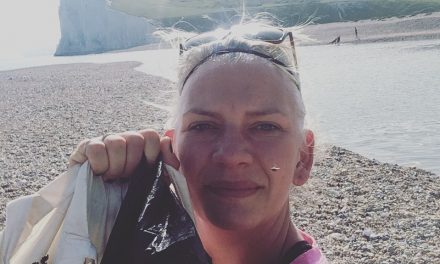
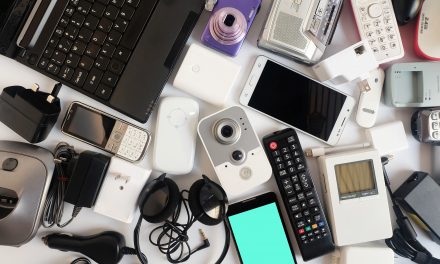
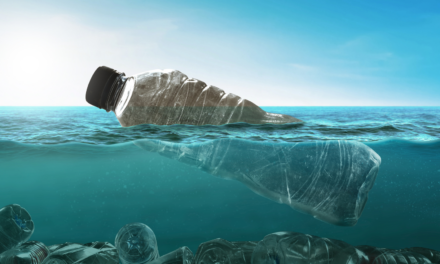
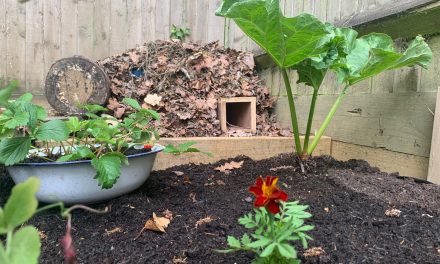
One of the most surprising aspects was discovering the ripple effect of my actions. Proper recycling isn’t just about personal responsibility; it’s about contributing to a larger movement. The Recycle Right community, both online and offline, has become a source of inspiration. Sharing experiences and tips with others has created a sense of camaraderie that makes the journey towards sustainable living all the more rewarding. Implementing Recycle Right practices has not only reduced my household’s environmental footprint but has also inspired me to explore other eco-friendly initiatives. It’s amazing how a small change in daily habits can lead to a more significant positive impact. So, if you’re looking to make a difference and be part of a community dedicated to responsible living, dive into the world of Recycle Right – it’s a journey worth taking!